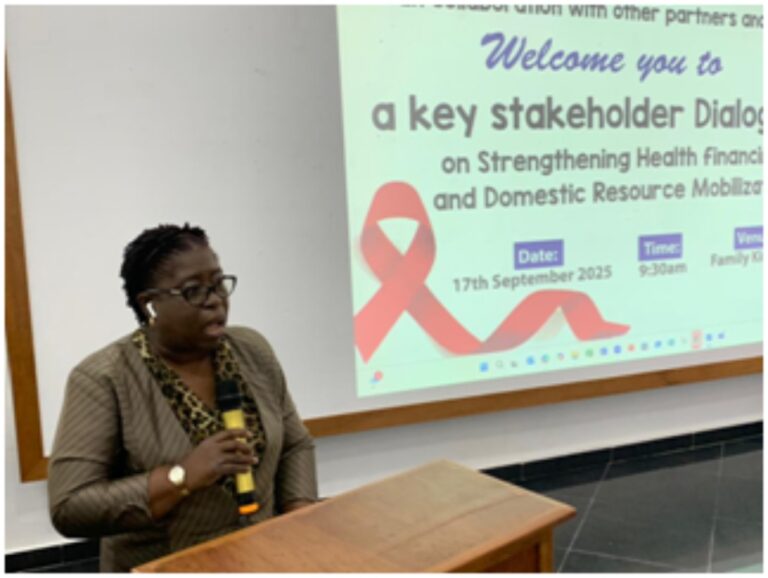www.slrsa.gov.sl
Kissy Road, Freetown.
At a Cabinet meeting held on April 4 2025, the Government of Sierra Leone, through the Ministry of Transport and Aviation, resolved to ratify the African Road Safety Charter. The Charter was adopted at the 26th Ordinary Session of the African Union Assembly in Addis Ababa, Ethiopia, on 31st Januray, 2016.
The Ministry of Transport was tasked with submitting the Charter to Parliament for ratification. His Excellency the President, Dr. Julius Maada Bio emphasised the importance of working with relevant institutions to enforce the Charter’s provisions and uphold road safety nationwide.
On 4th June 2025, Secretary to the Authority and Board, Abu-bakarr Sheriff Esq., in an engagement with the Legislative and Transport Committees of Parliament, presented the historical context and justification for ratifying the Charter. He reiterated that the Charter was a product of the 26th AU Assembly and highlighted its critical importance for Africa’s transport and safety future.
Deputy Minister of Transport and Aviation, Mr. Rex Bhonafa, while addressing the Speaker of Parliament and Honourable Members on Tuesday, 1st July, noted that:
“Africa has the highest road traffic injury and death rates globally, despite having the lowest motorisation rate, accounting for only 4% of global vehicles but suffers 24% of global road fatalities.
“To date, 22 countries have signed the Charter, but only 14 have ratified, with 15 ratifications and depositing of ratification instruments required for the Charter’s entry into force.”
Sierra Leone’s ratification would position it as a leader in regional road safety and governance compliance, he informed Parliament.
Mr. Bhonafa maintained that the domestication and implementation of the Charter would provide a continental and national framework for road safety management, reduce the continent’s road traffic fatality rate, improve safety for vulnerable road users—especially children, pedestrians, and cyclists, and strengthen the monitoring, financing, and evaluation of road safety measures. He further noted that it would enhance Sierra Leone’s international standing and policy alignment within the African Union and ECOWAS frameworks.
Hon. Salia Konneh described the ratification as long overdue, urging full enforcement upon domestication.
Hon. Sellu expressed hope that the Charter would facilitate the establishment of state-run vehicle inspection facilities to assess vehicle roadworthiness.
Leader of Government Business, Hon. Matthew Nyuma highlighted key articles of the Charter, particularly those dealing with monitoring and evaluation, and stressed that road safety spending should be seen as an investment rather than an expenditure.
Following the debate, the Speaker of Parliament moved a motion, and the Charter was unanimously ratified by the Honourable Members present.
In closing, Deputy Minister Rex Bonafa reaffirmed that the African Road Safety Charter is a Pan-African initiative designed to tackle the endemic challenge of road fatalities and injuries, adding that “its implementation would enhance Sierra Leone’s national road safety strategy and bolster its reputation across the continent.
“Ratification and subsequent depositing of the instrument of ratification will also contribute to the Charter’s formal entry into force upon reaching the required fifteen ratifications,” he said, adding that the country would be counted among the pioneer States Parties.
Meanwhile, the Executive Director of the Sierra Leone Road Safety Authority (SLRSA), Mr. James Baggie Bio was recognised for providing strategic leadership and support, in collaboration with the Ministry of Transport, in ensuring the successful ratification process.
● SLRSA Communications & Outreach
Public Relations Unit



